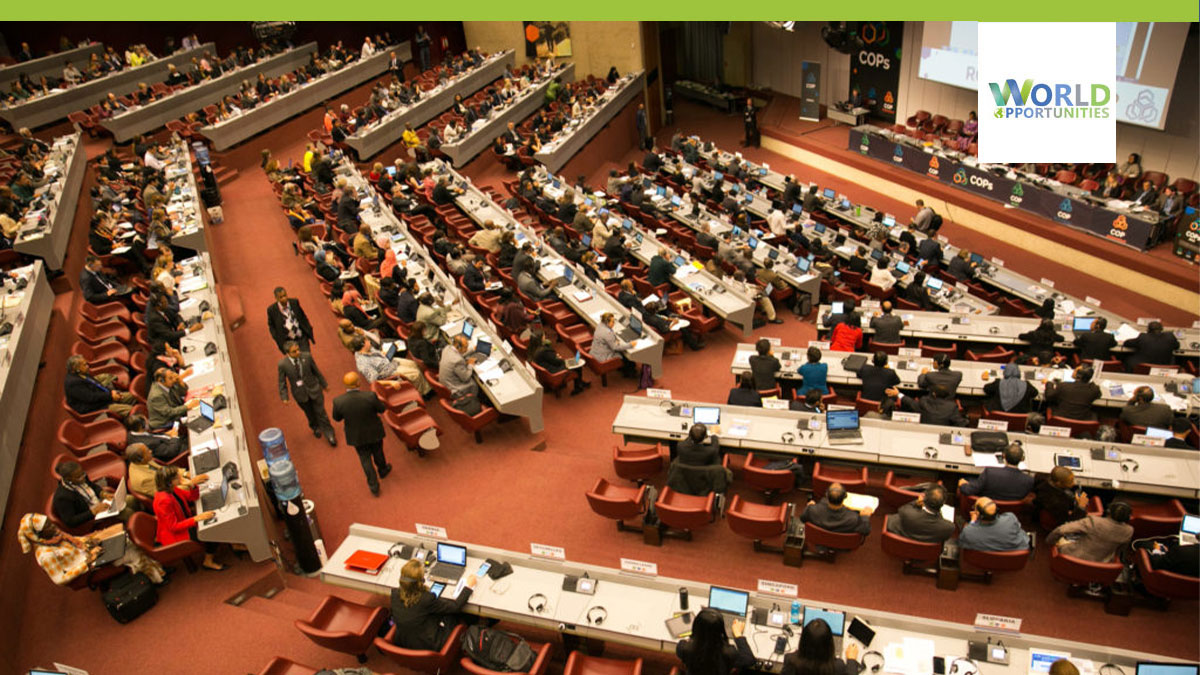International Conference on Integrated Natural Disaster Management (ICINDM)
Date: March 30th - 31st, 2024 Location: Beijing, China Organizer: Asar Application Deadline: March 8, 2024 Conference language: English Contact Email: papers.asar@gmail.com
Welcome to the (ICINDM) in Beijing, China!
The International Conference on Integrated Natural Disaster Management (ICINDM), which will be held at Beijing, China, on 30th Mar-31st Mar 2024. ICINDM is hosted by ASAR- India. The ICINDM conference offers a track of quality R&D updates from key experts and provides an opportunity in bringing in the new techniques and horizons that will contribute to Advanced research on Science, Engineering and Technology in the next few years. All submitted papers will be under peer review and accepted papers will be published in the conference proceeding. Both academia and industries are invited to present their papers dealing with state-of-art research and future developments.
Conference Focus Area:
ICINDM is the premier forum for the presentation of new advances and research results in the fields of Integrated Natural Disaster Management. The conference will bring together leading academic scientists, researchers and scholars in the domain of interest from around the world. Topics of interest for submission include, but are not limited to Integrated Natural Disaster Management: –
- Four risk-based priorities with in the Sendai operational framework (2030-2015)
- Implementation Sendai operational framework for risk reduction strategies in the next 15 years
- Risk management from ideas to action with an emphasis on earthquakes, floods, storms and extreme heat and cold (in the neighborhood, community, town to metropolis)
- Risk management in massive religious structures, historical and cultural heritage
- The role of interaction and communication of risk in controlling the consequences of natural hazards
- The role of urban and national exercises in preparedness and response to natural and man-made disasters
- The use of new technologies (remote sensing, monitoring and warning systems, innovations and inventions)
- Comprehensive national strategy for risk and crisis management
- Comprehensive national climate-change strategy
- Health management in crisis with the aim of reducing amputations
- Mental health management of survivors with an emphasis on children and gender
- Risk management and crisis management in health with emphasis on the epidemics
- Population management to preventing people being killed in specific ceremonies
- Studying the start point of panic -the theory and models of congestion behaviour, chaos-based models, creating trace-
